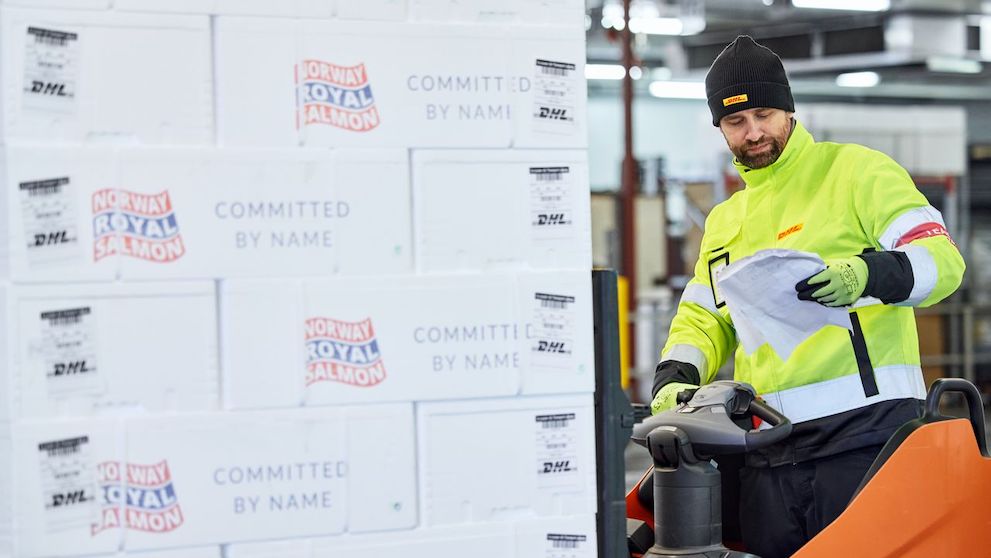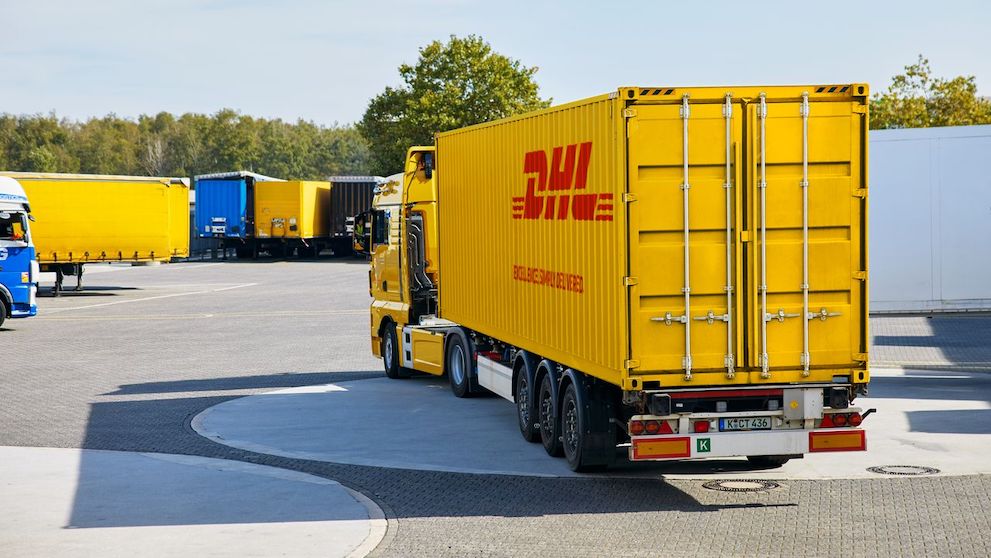As the world’s fourth largest country, the US has a staggering 338 million people living within its borders. As such, the e-commerce and manufacturing industry in the US can be an attractive market for entrepreneurs in other countries to tap into. Likewise, the reserves of natural resources and manpower in the US could represent a lucrative opportunity for American businesses to tap into more niche markets for their products.
Singapore has an e-commerce-friendly environment for US businesses, with low taxes, reliable support services, and policies that encourage digital trade. However, to ensure successful customs clearance in Singapore, one should be well informed on the various taxes, tariffs, and documents required to be able to ship from the US to Singapore.
Singaporean import taxes and duties
With strict import guidelines into Singapore, taking the process step by step and complying with customs guidelines methodically can make your import from the US to Singapore much easier.
Singapore splits its customs procedures into two types of goods — dutiable goods, and non-dutiable goods. However, there are only four types of dutiable goods, and Singaporean import duties would have to be paid if you choose to import those goods into the country.
These goods include intoxicating liquor, tobacco products, motor vehicles, and petroleum products. Singapore customs duties on these types of goods are based on percentages and vary from item to item.
Singapore imposes Goods and Services Tax (GST) on each imported item into the country. Payment of GST is required for customs clearance in Singapore. The current GST rate in Singapore is at 8% and would have to be paid either based on the last selling price of your shipment only or inclusive of the aforementioned customs duties payable on dutiable goods in Singapore if your shipment falls under that category.
Businesses in the US will also need to pay attention to the new rules for GST chargers under the Overseas Vendor Registration regime. As long as you meet the prescribed conditions for mandatory registration of GST in Singapore, you will need to charge GST on all products sold to Singaporean customers if they are valued at S$400 and below.
Investment precious metals
Items that do not enter Singapore customs or are in a free trade zone
Goods that belong to an importer of record who has been approved for a GST scheme in Singapore
Prohibited items to import
Singapore also provides a list of prohibited and controlled items for import. Examples of prohibited items can include but are not limited to:
Firearms
Firecrackers
Endangered animal products
Chewing gum
Chewing tobacco
Shisha
Electronic cigarettes
Cigarette lighters in the form of pistols or revolvers
Endangered wildlife and products derived from them
Obscene articles, publications and video tapes or discs
Seditious and treasonable materials
Controlled drugs under the 4th Schedule of Misuse of Drugs Regulation
While the US and Singapore are in a free trade agreement (USSFTA), there are no concessions or reductions for any US exports into Singapore and all customs duties and taxes will have to be paid in full before the import is allowed.
Documents required for import clearance in Singapore
After determining the rates of customs duties and taxes imposed on your specific goods entering Singapore, you would then need to register to apply for a Unique Entity Number which you will need to activate your account with Singapore customs. This will then allow your third-party agent, such as DHL Express, to obtain the customs permit needed for you to import from the US to Singapore.
You will need to print out your customs permit, as well as supporting documents for examination by the customs officials such as:
Customs permit
Shipping invoice
Packing list
Bill of lading or your air waybill
Consignment note
Your import process to Singapore will be compounded if you are thorough with ensuring all details are filled in accurately on your relevant documents, and that planning is done beforehand to ensure all the necessary permits and customs regulations are followed. Without the necessary permits and correctly filled documents, delays could happen when your packages get stuck in customs.
Free Trade Agreements (FTAs) with the US
Singapore is the first Asian nation the US has a free trade agreement (FTA) with since 2004. With the comprehensive FTA, tariffs on all goods traded between the two countries have been eliminated, and this has created new business opportunities for various industries and business segments, including e-commerce. Singapore is also an open trading economy and many imports into Singapore are tariff-free. The FTA also puts Singapore in a prime position to be a regional hub for US companies doing business in Asia.



















